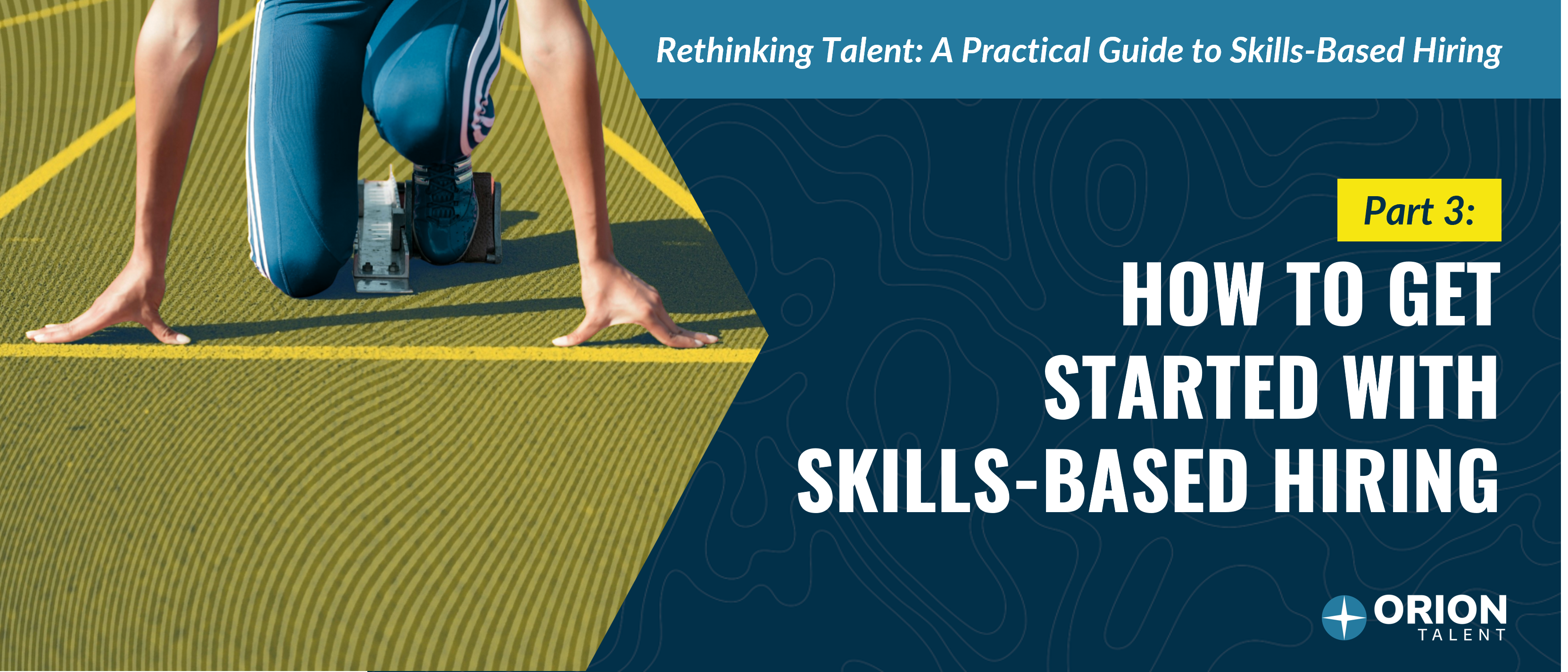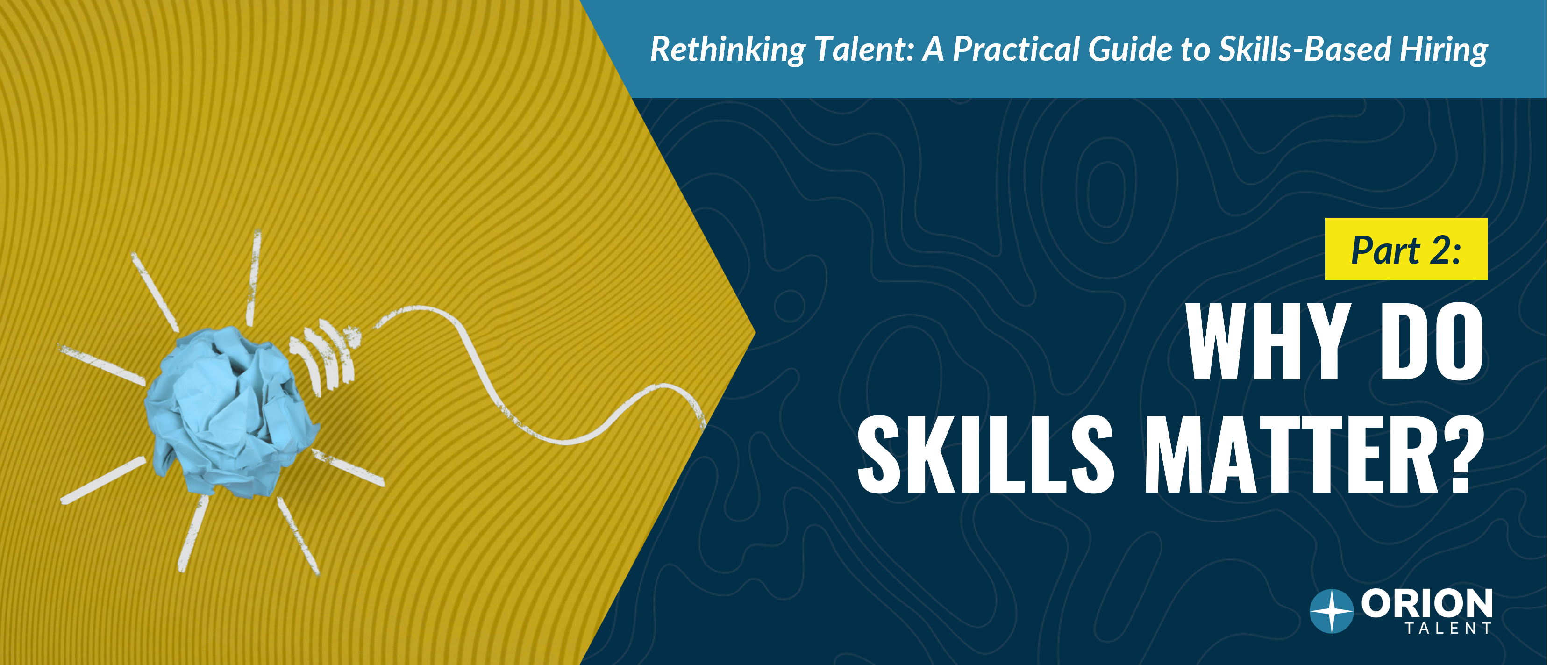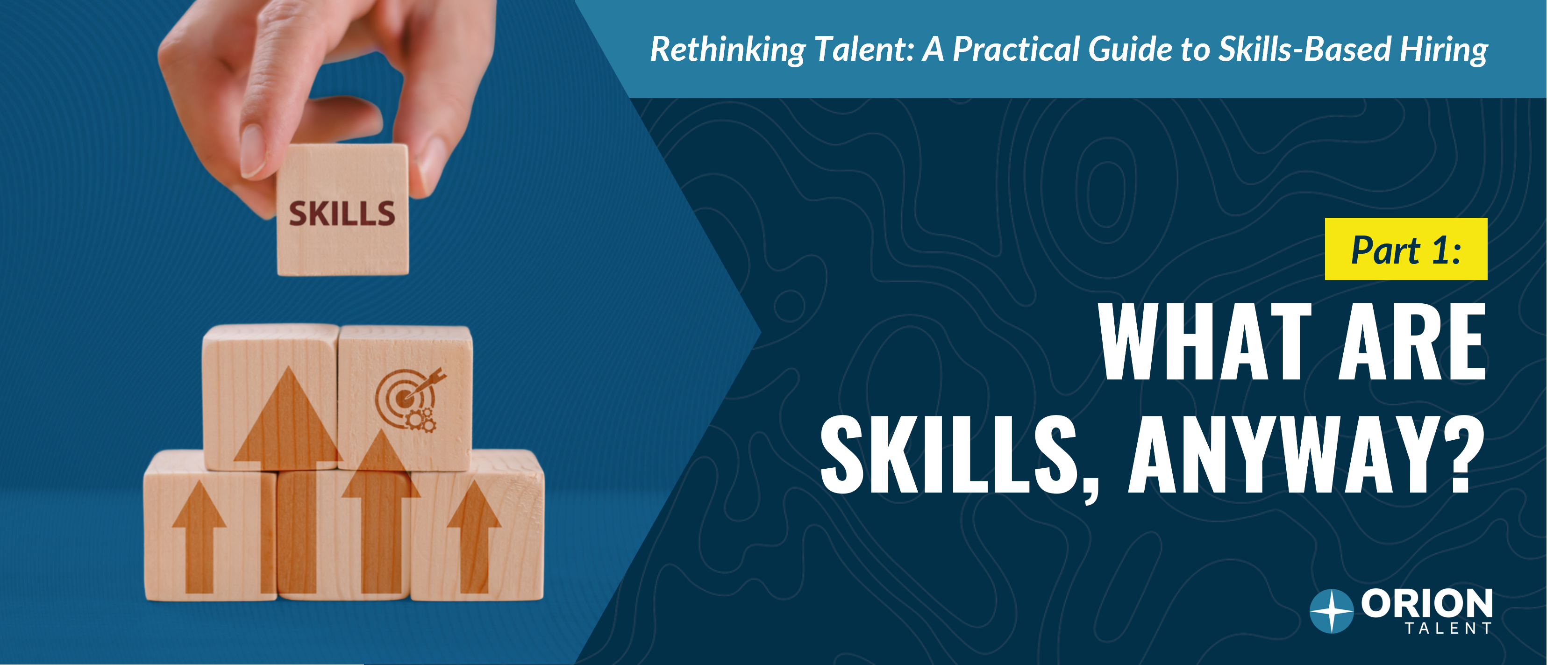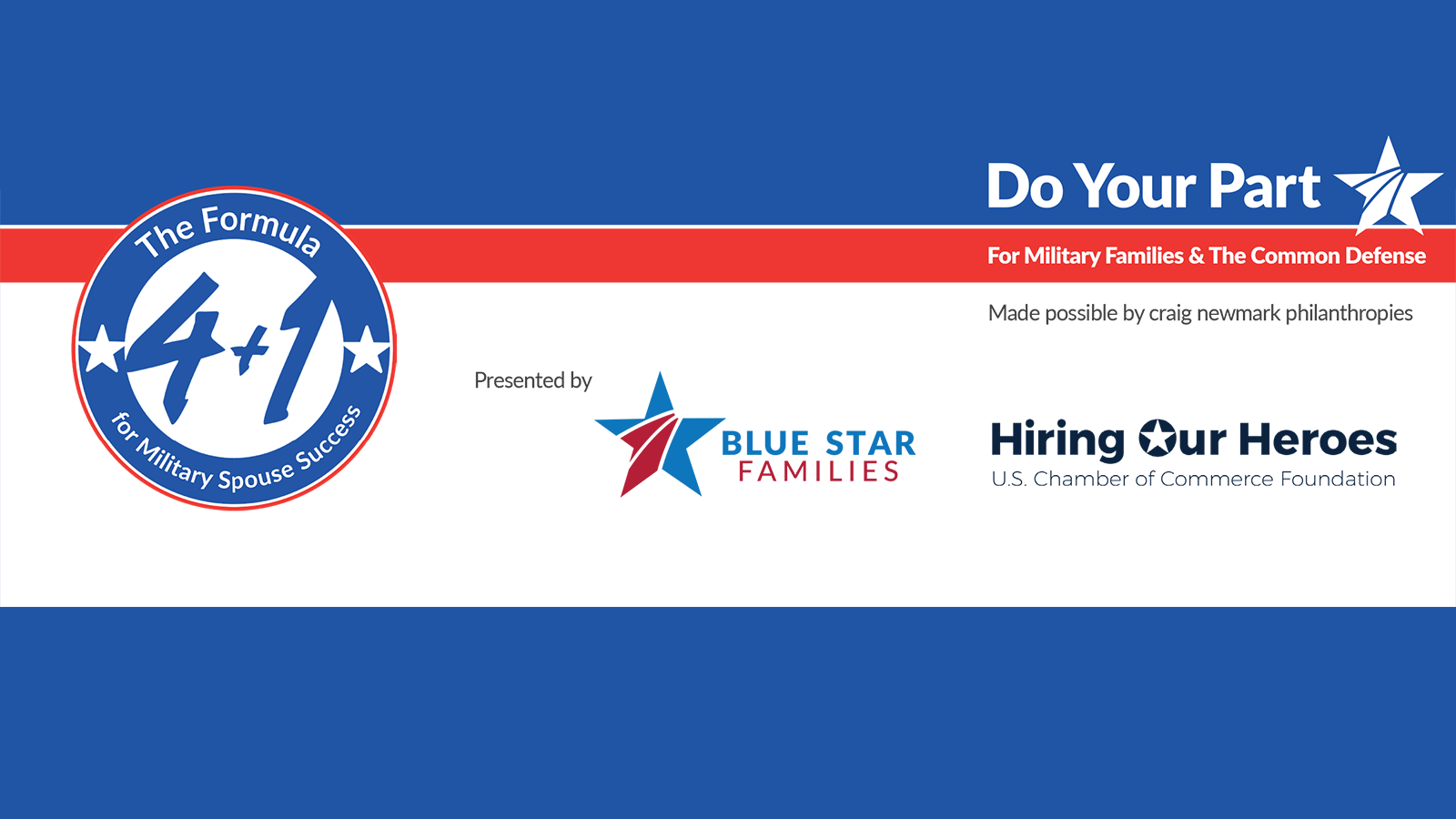Millennial employees can be a challenge, but one of the biggest challenges is that young people just don’t stay in their jobs for very long. While that’s been true of every generation of younger workers, millennial employees are job hopping much more than anyone expected.
From their debut in the working world, Millennials have been described as self-centered, lazy, narcissistic, and completely lacking in loyalty, but they’ve also been called talented, genius and the only hope we have left. No matter where you fall on whether the latest working generation is the greatest, being able to get the most from your millennial employees is going to grow increasingly important in the near future.
Millennials are the largest generation in the US workforce, surpassing Gen X and the Baby Boomers in the workplace. They are also the most educated, diverse, and tech-savvy generation that the world has every seen, living up to their potential as “the first digital natives.” Whether you like it or not, this over-scheduled, over-stimulated generation is here to stay.
Sorry, did we say stay? We meant leave, as in soon.
Millennials employees are many things, but almost all of them are going to leave you. According to the 2017 Deloitte Millennial Survey, 69% of Millennial employees expect to leave their jobs within 5 years. That doesn’t mean that all of your millennial employees will be leaving within the next 6 months, but the vast majority of millennial employees are clearly not including their current employers in their 5 year plan.
Who are Millennials?
The exact age range for the “Millennial” generation is still up for debate, but according to the creators of the term, a Millennial is someone belonging to the generation born just before and just after the new millennium: between 1982-2004. According to other sources, like TIME Magazine, the start date for being a Millennial is actually as far back as 1978 or even 1976. For the purposes of this article, however, let’s just stick with the creators’ definition of a Millennial being someone born between 1982-2004.
Many Millennials are highly skilled, highly educated, highly motivated, and completely deliver on all of that “great young minds of tomorrow” stuff. Other Millennials fit the negative stereotypes that people initially tacked onto this generation. The difference in which traits your millennial employees exhibit, has as much to do with the work they’re doing as it does with who they are as a person or a professional.
If the work that a millennial employee is doing doesn’t relate to their passion or conflicts with their personal values or morals, then that work is going to suffer. When employees in the Deloitte Survey were asked which factors influenced their decision-making at work, 64% put “personal values/morals” at the top of their list. Interestingly, though they put their own values at the top of their decision-making influences, they rate “impact on clients/customers” as a stronger force in decision making than their “personal goals and ambitions/career progression.” This demonstrates that, although millennials employees are committed foremost to their values, their secondary focus is on customers, rather than their own career progression. This indicates that, although very self-focused, Millennials are also focused on results and advancing based on the high-quality work that they do.
We couldn’t resist adding a little comic relief below – Millennials get such a bad rap!
The trick is, you need to hire millennial employees whose values are truly aligned with your company’s, or at least whose values translate into a good amount of work being done. If a Millennial’s values are more aligned with promoting their band on social media or making sure their hair looks extra-tousled, you’ll be glad when they quit their day job.
Millennials don’t lack loyalty, they’re just loyal to themselves and to the dreams that have gotten them to wherever they’re at today. Growing up, this generation was told that they could all have their dream job, and that’s exactly what they’re banking on. Millennials are committed to doing work that aligns with their career goal or life purpose but aren’t very interested in doing work that falls outside of this. This is exemplary of the Millennial mindset in business. Millennials don’t want their work to compromise who they are, they want their work to be part of who they are.
While you may be tempted to say “tough $%&#,” this is not the right attitude to bring to the table. To get the most from your millennial employees, and to retain them for the long term, you need to connect their duties with their real passions. For some of them, their job at your company is a starting point for specialized career or pursuing their own entrepreneurial vision. For others, a job, any job, is a means to supporting the “real work” that they’re doing in their free time. Others look at your company as an essential step in their career progression, but only after you’ve aligned your organization with their values.
No, that isn’t a typo. According to the Deloitte Survey, retaining millennial employees for an effective tenure period requires that companies:
- Identify, understand, and align with the millennial employee’s values
Satisfy the demands Millennials have of employers - Support Millennials’ ambitions and professional development
- If you can align the work that your company does with the values and passions of your millennial employees, they will invest more into their work and view your company as an integral part of their career, not just a forgettable stepping stone to the next big thing.
Identify Values
No matter the motivations of your millennial employees, it is definitely in your best interest to know what those motivations really are. Your company’s established culture may have been a draw for them to join your organization, but Millennials may not have gotten what they signed up for. If the “official” story doesn’t match up with the actual realities of their jobs or their work, this disconnect between rhetoric and reality will drive them away in droves.
They will also judge the performance of their employer on more than just profit. According to the Deloitte survey:
“Millennials judge the performance of a business on what it does and how it treats people. For example, among those saying business “means more than a healthy balance sheet,” more than six in ten would reference the quality of its products and services (63 percent) or levels of employee satisfaction (62 percent). A majority (55 percent) focus on customer loyalty/satisfaction. Innovation and efficiency also rank highly.”
Millennials feel that product quality, employee satisfaction, and customer satisfaction are greater indicators of success than profit alone. Feel free to disagree, but consider that these success indicators are all tied to pure profit performance. You might be able to maintain profits as product quality slips, employee churn increases, or customer satisfaction plummets, but it won’t just be one area of failure. Poor product quality will lead to customer dissatisfaction, or high employee churn will lead to poor product quality.
Profitability measures profitability. Product quality and employee/customer satisfaction measure the overall health of a company and its odds for continued survival. Millennials are focused on this complete picture of success and want to work for companies that they can truly stand behind.
Satisfy Demands
Once you have identified the values of your millennial employees, the next step is satisfying their demands. Unfortunately, you may have to figure out what these demands are without anyone explicitly telling you. If you are unable or unwilling to meet the demands of your millennial employees, they will leave your company much sooner than you want them to.
We already know the implicit demands of this generation: that businesses measure their success in product quality, employee satisfaction, and customer satisfaction. What we don’t know, is what makes each individual millennial employee tick, and what they want to stick with your organization.
Let’s be clear, this isn’t demand like “I demand an explanation!” This is more like when your stomach demands that you feed it. Many of your millennial employees will have ambitious career goals, and the demands of any career will be that the individual has a lot of skill and experience that prepares/qualifies them for this career.
The only way to satisfy the individual career demands of your millennial employees, is to understand those demands. We’ve been talking about how this generation makes decisions and the way in which they evaluate the success of a business, but what are they asking for, really?
Well, the only way to find this out, is to do some asking yourself.
This is best accomplished through periodic meetings or retention interviews, in which the employee is asked questions about their career, their goals, and how these goals relate to their employer. Now, the success of these retention interviews will depend on the interviewer’s ability to get their employees to open up. It has to be clear that there are no wrong answers, and that an employee will not be fired for suggesting things could be done differently, or saying that they plan to quit in 6 months.
If you can get the honest truth from your millennial employees, you can see what their career ambitions are demanding of them and by extension, what they’re demanding from your organization. If their goals are tied to a resource that your company doesn’t offer, their ambition will demand that they find a job that does support their career goals.
If you can understand the demands that your millennial employees have of themselves, you will be able to understand the demands they have of your company. Understanding these demands, you can work on aligning company policy and culture around the ambitions of the next generation.
Support Ambition
You must support the career ambitions of your millennial employees if you want to retain them for any substantial period of time. Phrased another way, the only way to retain a Millennial after 3 years, is to allow them to climb the corporate ladder at your organization.
Though 22% of Millennials expect to leave their employer in 1 to 2 years, 11% say that they would never leave their current employer. What this indicates is clear. This lucky 11 % of Millennials work for companies that are fully aligned with their values and their plan for the future.
Nothing is more disconcerting than feeling that you are stuck in your position at your organization, or that your company isn’t planning for your future. To this ambition-driven generation, the thought of doing one job for 5 or 10 years is almost unthinkable and signifies more failure and stagnation than success. You need to support the ambition of this generation and provide ample opportunities for advancement in your company.
If you want to retain your millennial employees for a useful period of time, you need to show your Millennials that they have a future at your company, if they want it. If you don’t, then these future-focused folks won’t be thinking about your company as anything other than their day job.
Support the ambition of your millennial employees. Provide the training, tools, and mentorship required for career development and continuous learning. If you can identify the values of your Millennials, satisfy their demands, and support their ambition, you will be able to harness their potential and direct their energy to its best use for your organization.
Archives
- December 2025
- November 2025
- October 2025
- September 2025
- August 2025
- July 2025
- June 2025
- May 2025
- April 2025
- March 2025
- February 2025
- October 2024
- May 2024
- March 2024
- February 2024
- January 2024
- December 2023
- November 2023
- October 2023
- September 2023
- August 2023
- July 2023
- June 2023
- May 2023
- April 2023
- March 2023
- February 2023
- January 2023
- December 2022
- November 2022
- October 2022
- September 2022
- August 2022
- July 2022
- June 2022
- May 2022
- April 2022
- March 2022
- February 2022
- January 2022
- December 2021
- November 2021
- October 2021
- September 2021
- August 2021
- July 2021
- June 2021
- May 2021
- April 2021
- March 2021
- February 2021
- January 2021
- December 2020
- November 2020
- October 2020
- September 2020
- August 2020
- July 2020
- June 2020
- May 2020
- April 2020
- March 2020
- February 2020
- January 2020
- December 2019
- November 2019
- October 2019
- September 2019
- August 2019
- July 2019
- June 2019
- May 2019
- April 2019
- March 2019
- February 2019
- January 2019
- December 2018
- November 2018
- October 2018
- September 2018
- August 2018
- July 2018
- June 2018
- May 2018
- April 2018
- March 2018
- February 2018
- January 2018
- December 2017
- November 2017
- October 2017
- September 2017
- August 2017
- July 2017
- June 2017
- May 2017
- March 2017
- February 2017
- January 2017
 RSS Feed
RSS Feed




















